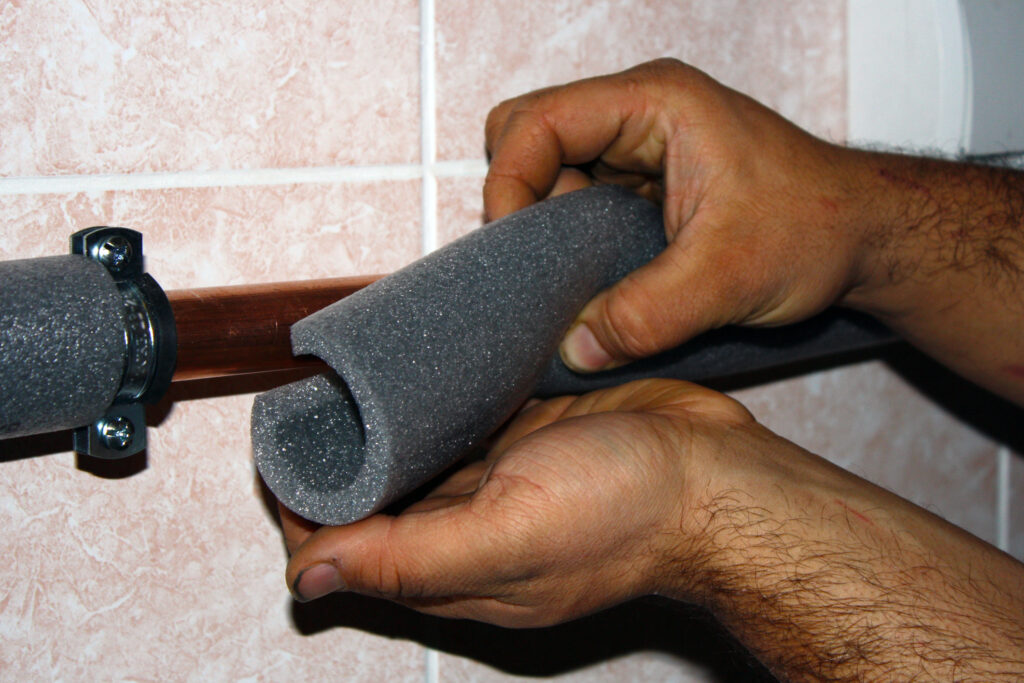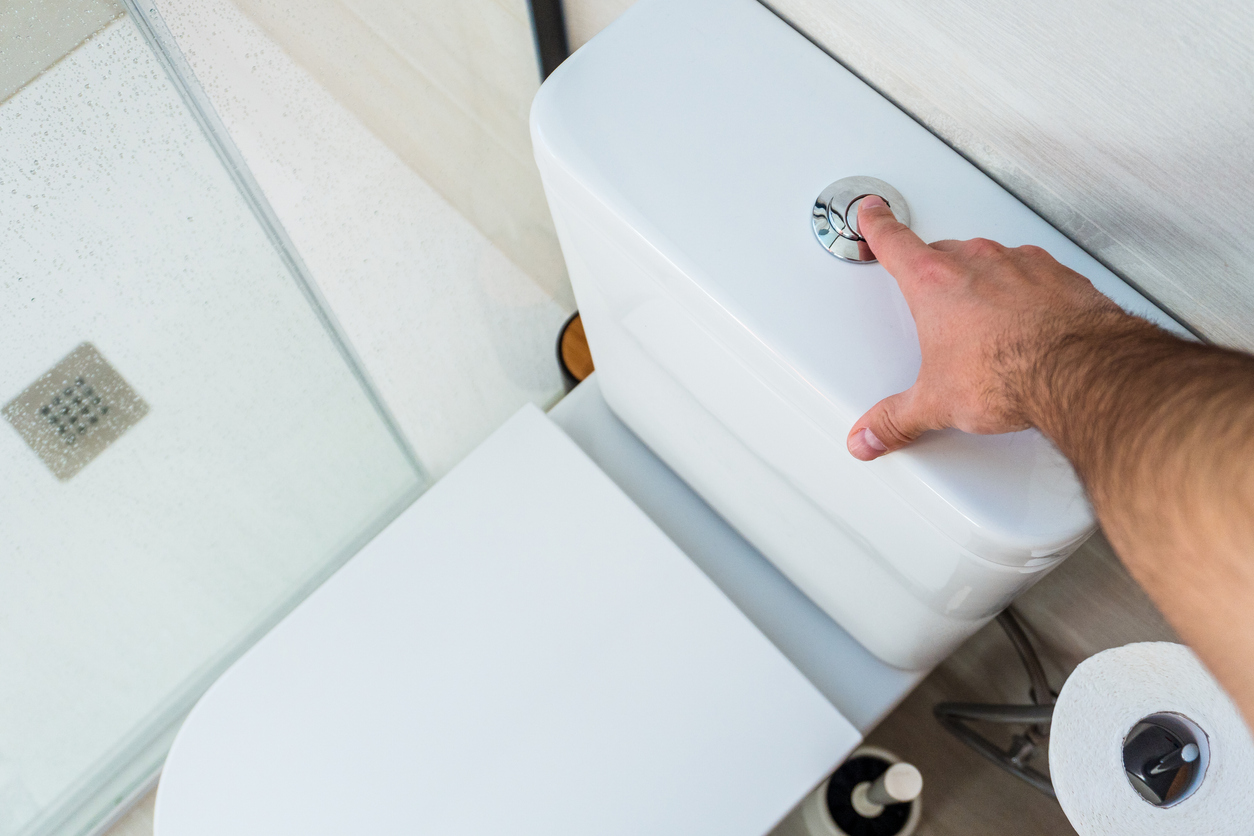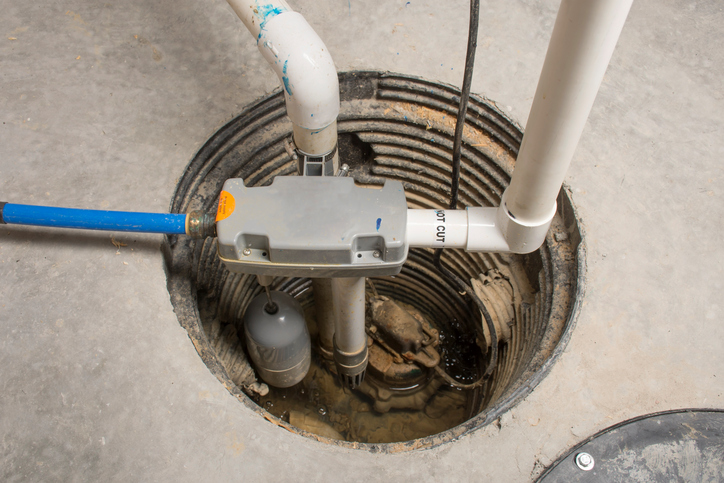
So you’ve just moved into your new home, and you have no idea where to start with your new HVAC system. Don’t worry, that’s normal! Instead of getting overwhelmed, start here. We’ve put together our most commonly asked questions from new homeowners so you can get to know your HVAC system and keep it running smoothly for the years to come in your new home.
Need help figuring out your new home’s HVAC system? Browse through our HVAC University to explore and learn more about the different HVAC systems.
What is an HVAC system?
HVAC stands for heating, ventilation, and air conditioning. There are many different types of HVAC systems, but each of them serves the purpose of keeping your home at a comfortable temperature and providing you with good air quality. It is important to know what kind of system your home has so you can understand how it works and how to take care of your specific HVAC.
If you have ducts and central air, you probably have either a traditional central air system or a high-velocity HVAC system. Some homes that were not built with a central air system may have a ductless mini-split AC system, which looks like a small unit attached to the wall.
For heating systems, some of the most common are furnaces, boilers, and electric baseboard heating systems. Electric heat pumps are also popular, and they tend to be much more energy efficient than other options. Some non-traditional heating systems you may see are geothermal and radiant heating systems. These are unique systems you don’t see too often!
If you need help figuring out which HVAC system your new home has, you can browse through our HVAC University to explore each different system.
How Can I Tell if My HVAC is Still Under Warranty?
It’s a good idea to ask about the existing warranty of your HVAC system before you purchase your new home, but if you didn’t do that, there are other options. Normally, the HVAC warranty is held by the purchaser and only some HVAC warranties are able to be transferred over. Additionally, this has to happen within a specific time frame, so it is best to get it done as soon as possible.
If you can’t contact the previous homeowner for your HVAC warranty, you should be able to enter the serial number of your HVAC into the manufacturer’s website to find out if it is under warranty. All of this information should be on your system or in your HVAC manual. Your warranty information is useful to know for future repairs or maintenance, and will give you valuable information about your HVAC.
What are Some Typical HVAC Problems?
The most common problem seen with HVAC is a system that begins to run inefficiently.
HVAC Inefficiency
Inefficient systems are commonly seen when there are blocked ducts, dirty filters, or closed vents. This can be avoided by regular cleaning and replacing of filters, and ensuring that your HVAC is cleared off for easy air intake. The time to clean filters differs for each system, but typically is around 1-3 months.
HVAC Blockage
If a blockage gets bad enough, it could result in a tripped circuit breaker or blown fuse. When a blockage gets bad enough, your HVAC will work hard to overcompensate for the obstruction and may shut down.
Thermostat Issue
If you notice your HVAC running differently than normal, another place to look is your thermostat. If a battery in your thermostat is running low, or a different setting has been hit, your HVAC will begin running differently than normal. This is an easy fix and a good place to check before calling a professional.
HVAC System Making Noises
Many bigger problems with your HVAC will start with a weird noise, like a rattle or whining. This could signal motor failure or loose parts, and it is a good idea to call in a professional as soon as you hear it so you can catch it before your system fails. Most HVAC problems can be avoided by having regular maintenance done by a professional and familiarizing yourself with your specific system.
How Can I Save on Energy Bills?
Saving money on your energy bills is possible and especially important in the warm and cold months when your HVAC is working overtime.
Insulation
Ensuring that your home is well insulated and any drafty doors or windows are sealed is a good place to start. Check to make sure all windows are closed and locked, and all vents are free of debris and furniture.
Adjust Your Thermostat in the Hot and Cold Months

You can also save by lowering your thermostat in the winter, and raising it in the summer. It may not be comfortable to do so while you are home, so setting it while you are sleeping and out of the house during the day is a good habit to get into. Another option is to buy a smart thermostat to set your temperature to change throughout the day so you don’t have to.
Regular HVAC Maintenance
You can also save money on your energy bill by keeping up with regular maintenance to keep your system running efficiently and avoid larger repair bills.
How Often Does My System Need To Be Maintenanced?
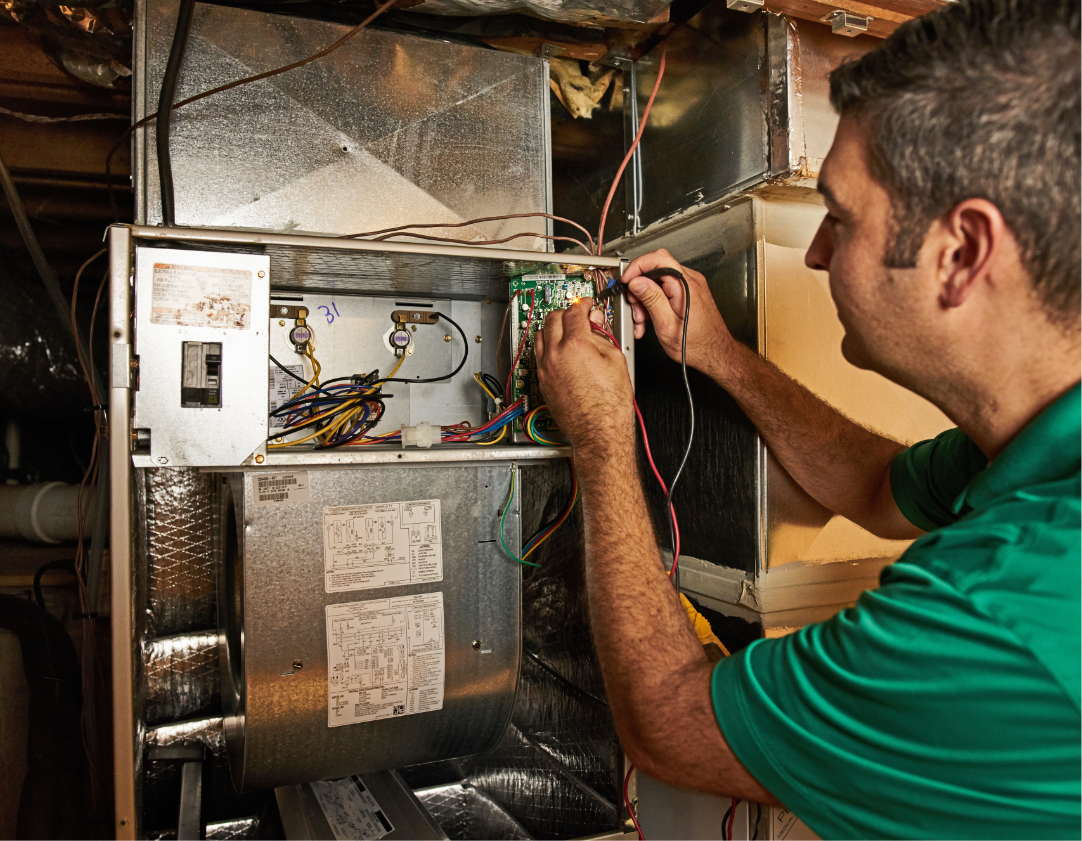
Most of the maintenance that needs to be done on your HVAC system can be done seasonally in the spring and fall. This gives you the chance to prep your system for the extreme months before it gets too hot or cold, and hopefully will prevent any problems that may cause your system to fail when you need it most.
Spring HVAC Maintenance
Spring maintenance is focused mainly on your air conditioning, so cleaning the evaporator cells and condenser coils on your unit is crucial.
Fall HVAC Maintenance
In the fall, you should be looking at your heater. Check your fuel line connections and also inspect your gas pressure, burner combustion, and heat exchanger to ensure they are working properly.
What HVAC Maintenance Can I Do Myself?
Some maintenance should always be done by a trusted professional, but there is quite a bit that you can do to service your HVAC on your own. Cleaning and replacing your filters is an easy one that you can do about every 1-3 months. You can also care for your outdoor unit by trimming foliage, clearing off debris, and hosing off your unit. With your seasonal maintenance you can also adjust the fins carefully with a fin comb and check for blockages in the supply and return registers.
Every so often, it doesn’t hurt to do a visual inspection to see if you need to call in a professional.
What HVAC Maintenance Can I Not Do Myself?
Although there are many things you can do on your own, there are a lot of things that you should call your trusted HVAC company for. Anything electrical should be handled by a professional, such as checking or adjusting electrical connections and motors. Lubricating any moving parts is also a task that you should not do on your own to prevent hurting yourself and your HVAC system. Lastly, inspecting ductwork and condensate drains will guarantee that your system is free of obstructions.
Your HVAC pro will also be able to calibrate your thermostat and check your system controls to ensure your system is working properly. Although you may be able to do this on your own, your professional sometimes knows a trick that can make your system work even better!
How Often Do I Need to Change My Filter?
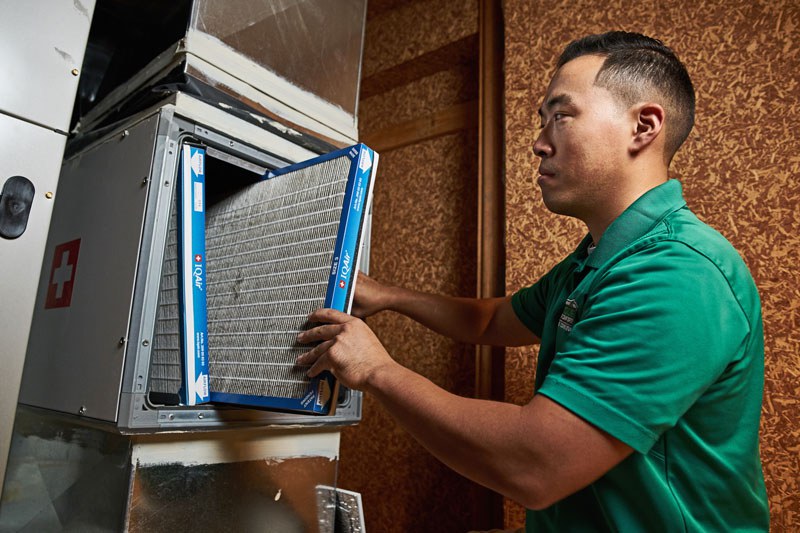
You should check your filter every month, but you may not need to change it that often. There are many factors that go into how often you need to change your filter, such as if you have pets, the efficiency of your system, if you smoke in your home, if you have asthma, or if your home is prone to dust.
Depending on these factors, you will either need to change your filter monthly or every couple of months. Changing your filter regularly prevents diminished air flow, allowing your system to run more efficiently.
My House Doesn’t Have Ductwork- Can I Add AC to My Home Without Tearing Apart the Walls?
In short- yes! Thankfully, there are multiple options, like ductless mini-splits and high velocity systems, to install different AC systems depending on the construction of your home. You can receive a consultation to have your home assessed to review all of your system options.
My Heater Runs on Oil, How Often Do I Need to Fill the Tank?
There are many factors which will determine how often your tank will need to be refilled. Your system’s oil usage depends on how often your heater comes on, how high you set your thermostat, how efficient your system runs, and how well your home is insulated. Because oil heating systems vary so much, it is best to get a professional out to inspect your system and make recommendations on how often it should be refilled.
Oil systems require annual maintenance to change the oil filter and to vacuum out the motor and blower. Without annual cleaning, the oil residue builds up and can significantly reduce the efficiency and longevity of your system.
How Long Will My HVAC System Last?
This depends on the kind of system you have, and can vary depending on how well you or the previous owner took care of the HVAC system. The average system lasts between 10-20 years, but there are some outliers to this.
- Traditional Central Air: 10-20 Years
- Ductless Mini Split: ~15 Years
- High Velocity System: 10-15 Years
- Electric Heat Pumps: 10-15 Years
- Geothermal Heat Pumps: ~20 Years
- Furnace Heat System: 12-15 Years
- Boilers: 15-20 Years
- Radiant Heat System: 10-15 Years
Of course, if you’re moving into a home that already has a system, you’ll want to get an idea of when it was installed in order to plan ahead and budget for the next system.
Have More Questions?
If you have more questions about your new HVAC system, don’t hesitate to call us and talk to our HVAC experts about your new home. We would be happy to help!
